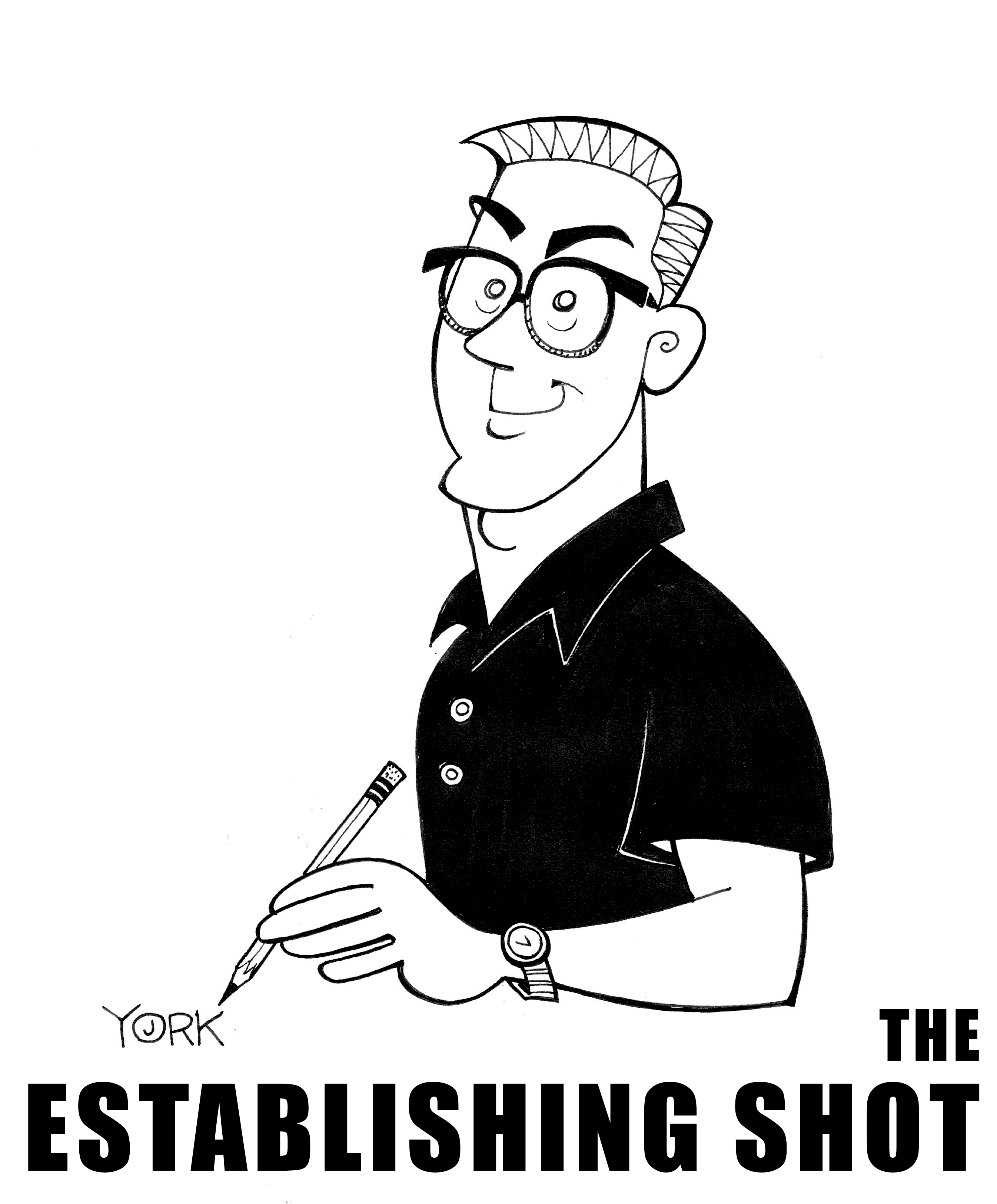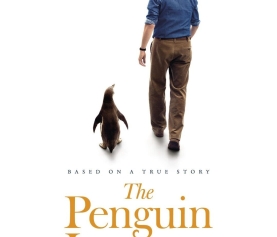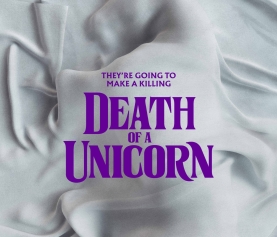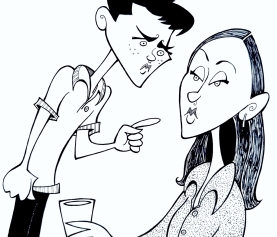
Original caricature by Jeff York of Millie Bobby Brown, Henry Cavill, Sam Claflin, and Louis Patridge in ENOLA HOLMES. (copyright 2020)
Hardcore fans of Sherlock Holmes on the page or screen may find it difficult to embrace ENOLA HOLMES, Netflix’s new entry into the mix premiering September 23. The new film reimagines much of what Sir Arthur Conan Doyle wrote when he created his world-famous consulting detective in 1888 and continued through four novels and 56 short stories. Similar grumbles greeted author Nancy Springer’s YA adaptation when she first wrote about Enola in 2006, her newly imagined 14-year-old sister to Sherlock. Despite the protestations, Springer’s take became a hit, even earning an Edgar Award nomination for Best Juvenile Mystery. Netflix’s adaptation does that story proudly and manages to honor Conan Doyle too. It’s not perfect, but it’s rollicking and well-made, setting up what could be a fun franchise for years to come.
Interestingly, ENOLA HOLMES follows the blueprint of Guy Ritchie’s revisionist take on SHERLOCK HOLMES back in 2009 even more than Conan Doyle’s original stories. Ritchie’s film starred Robert Downey, Jr. as an uncouth, unbridled Bohemian version of the genius rather than the disciplined English gentleman imagined by the author. That’s how Enola is played too. Millie Bobby Brown, the breakout star of Netflix’s STRANGER THINGS, plays the younger sister of Sherlock (Henry Cavill) and Mycroft (Sam Claflin) by at least two decades. She’s a brainiac, just like them, but she’s also a surly teen, a mix of a tomboy, smart-ass, and rabble-rouser.
Raised to be fiercely independent by her single mother (Helena Bonham Carter), Enola blanches when her brothers want to pack her off to a boarding school after mom disappears. Enola doesn’t believe that mumsy would abandon her and is intent on solving the mystery. Enola’s brothers are stiff, British prigs, however, and have no time for her petulance. She defies them, the first of many times in the story, and runs away from her country home to embark for London looking for their missing mom.
But as she’s about to embark toward the big city, aided by some clever clues her mother left behind for her in illustrations of flowers, Enola encounters Lord Tewksbury (Louis Partridge), a fellow teen runaway. He’s on the run too from a strict, rich family, and Enola helps him escape via train. The two forge a tempestuous relationship in the telling, one the film wisely doesn’t ladle with too many romantic yearnings. Enola even continually saves the boy from a thuggish fixer named Linthorn (Burn Gorman) who is bent on killing him, getting into a number of tussles with the brawler on the cobblestone streets. Again, in shades of Ritchie’s take, Enola here is just as much a fighter as Robert Downey Jr.’s version.
When she’s not fighting feistily, Enola searches for her mom via clues in the local papers. That “A story” continues to crisscross with the “B story” of Tewksbury, with yet a third story chronicling Enola’s efforts to evade capture by her brothers. It’s a lot of narrative for one outing, and often the intellectual elements get pushed to the background. Still, while using her fists and feet to kick away Linthorn, Enola manages to use her wits enough to come off more like Sherlock than Katniss Aberdeen.
Jack Thorne’s screenplay adaptation keeps us vested in Enola by having her consistently break the fourth wall and share her innermost thoughts. The device manages to give Enola a FLEABAG quality as well, sharing all things cheeky a la Phoebe Waller-Bridge. Each quip rolls off Brown’s tongue with relish and she’s a hoot throughout. The young actress acquits herself nicely too in all the stunt work, though it is at times unseemly to watch her character get pummeled by fist-clenching men.
In fact, the worst part of ENOLA HOLMES is how violent those scenes are played, full of blood, kicking, and gouging. Enola needs to be in danger, yes, but not bandied about like a dog’s bone. Director Harry Bradbeer adroitly imbues his film with a Ritchie-esque energy, not to mention similar camera tricks and a mix of titles and art cards, but did he have to copy the same over-the-top violence favored by the director as well? This film is still primarily aimed at YA audiences, not the R-rated moviegoers seeking out SNATCH and ROCKNROLLA. Bradbeer would be wise to behoove the coming sequels with fewer beatdowns of the title character.
Where Bradbeer’s direction shines brightest is in the development of the characters. There are memorable roles for a half dozen supporting players, and they register thoroughly. Particularly good is Fiona Shaw in her sly and subtly done turn as the schoolmarm tasked with taming Enola. Bradbeer also gets a subtle and moving performance out of Cavill, certainly the most sensitive and introspective Sherlock ever put on film. He’s physically all wrong for the part, what with his bulging muscles and floppy matinee idol hair, but Cavill does capture the slyness of the detective with great skill. He may be a million miles from Sidney Paget’s legendary Holmes illustrations, but he captures the pathos of Holmes better than any actor since Jeremy Brett.
In fact, to those who may too easily dismiss this film for upending so much Holmes tradition, aiming more for YA audiences than aficionados, I’d argue that in many ways this effort honors the original stories as vividly as most entries into the oeuvre. The Victorian period is gorgeously recreated and evident in every prop, setting, and costume. The sexist caste system is clearly in play, as it always was in Conan Doyle’s original prose. Most importantly, Enola is a pickled pill just like the original Sherlock. In fact, her stubbornness, ways with a disguise, and mile-a-minute delivery, all expertly done by Brown, are wholly in sync with the source material.
Perhaps the female empowerment message is driven home rather repetitiously throughout, but reminding young women watching that they need not follow the patriarchy to succeed, nor strive to be extravagantly feminine to be female, is an admirable lesson. Women who speak up, strive for what they want, and win playing the game their way, these are not “nasty women,” they’re role models. Here’s hoping one like Enola Holmes continues to thrive in both literature and onscreen.







